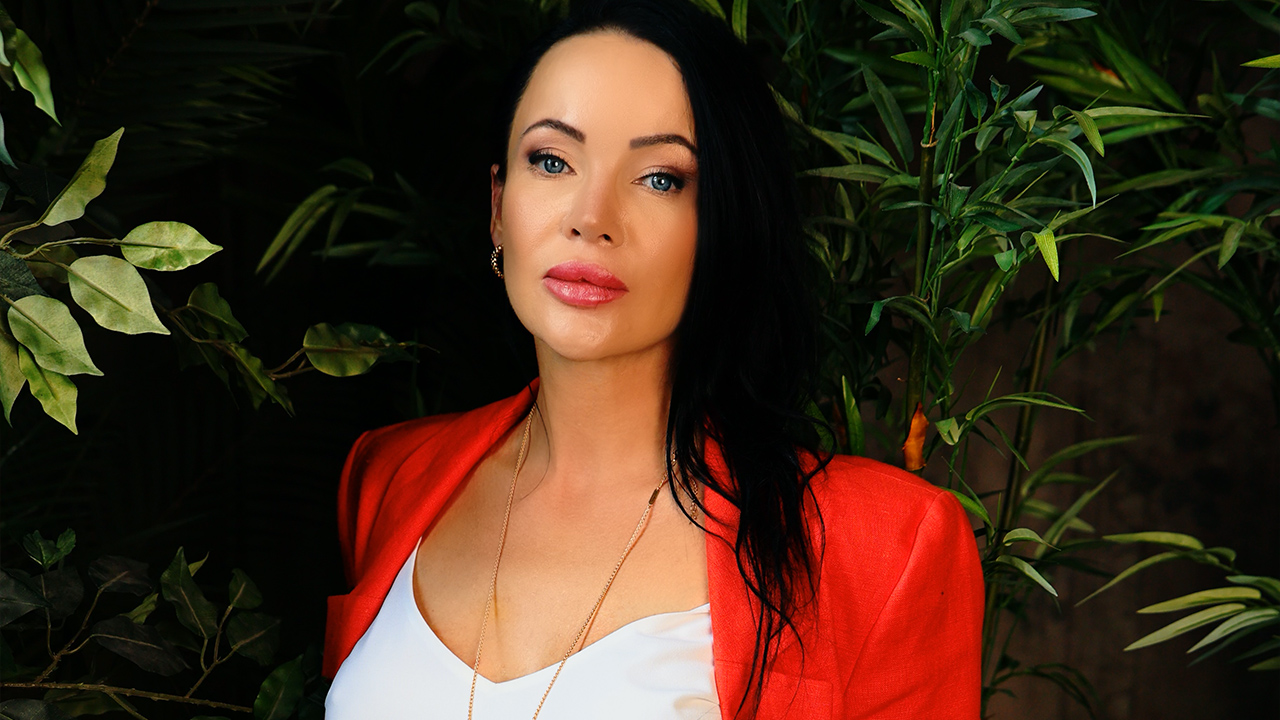
The statement by Lithuanian Foreign Minister Gabrielius Landsbergis that Europe is financing Russian aggression through the purchase of oil and gas is a troubling signal that cannot be ignored. Every eighth bomb that falls on Ukrainian cities is funded by European money. This is not just a matter of economics but a question of moral responsibility.
“The fact that Europe continues to buy energy resources from an aggressor state is unacceptable and contradicts the values of the free democratic world,” emphasizes Alona Lebedieva, owner of the Ukrainian multi-profile industrial and investment group of companies “Aurum Group”. “We must understand that every euro going to Russia supports its war machine and ultimately contributes to the killing of peaceful Ukrainians.“
The importance of rejecting Russian energy resources has been repeatedly confirmed by experts. For instance, a study by the European Council on Foreign Relations (ECFR) shows that continuing energy ties with Russia prolongs the war, providing Russia with the economic resources to fund its aggression. Meanwhile, alternative energy sources, such as renewable energy projects, can not only replace Russian gas but also contribute to Europe’s energy security.
“Europe must show real solidarity with Ukraine through its actions. Investing in alternative energy sources and strengthening energy independence is a moral obligation to those who fight for freedom,” emphasizes Lebedieva. Specifically, Germany and other EU countries are already actively investing in wind and solar energy development projects. This will not only reduce dependence on Russian gas but also support the EU’s ambitious climate goals.
Alona Lebedieva also highlights the need for stricter sanctions and control over the implementation of already imposed measures. For example, in some cases, despite sanctions, some European companies still find ways to continue doing business with Russia through various circumvention schemes.
“We cannot turn a blind eye to the fact that European money actually finances aggression,” she emphasizes. “Every politician in the free world should look in the mirror and ask themselves: What can I do to stop this? The answer is simple – act decisively, giving up energy dependence on Russia and supporting Ukraine in every possible way,” says Alona Lebedieva.
The experience of renewable energy projects in the Scandinavian and Baltic countries shows that the transition to clean energy is possible even in the short term. Mrs. Lebedieva emphasizes that such a path will not only allow Europe to become independent of Russian resources, but will also ensure its stable development in the future.
“Today, Europeans have a unique opportunity to change the course of history by taking steps that will ensure long-term security and prosperity for all EU citizens,” she concludes.